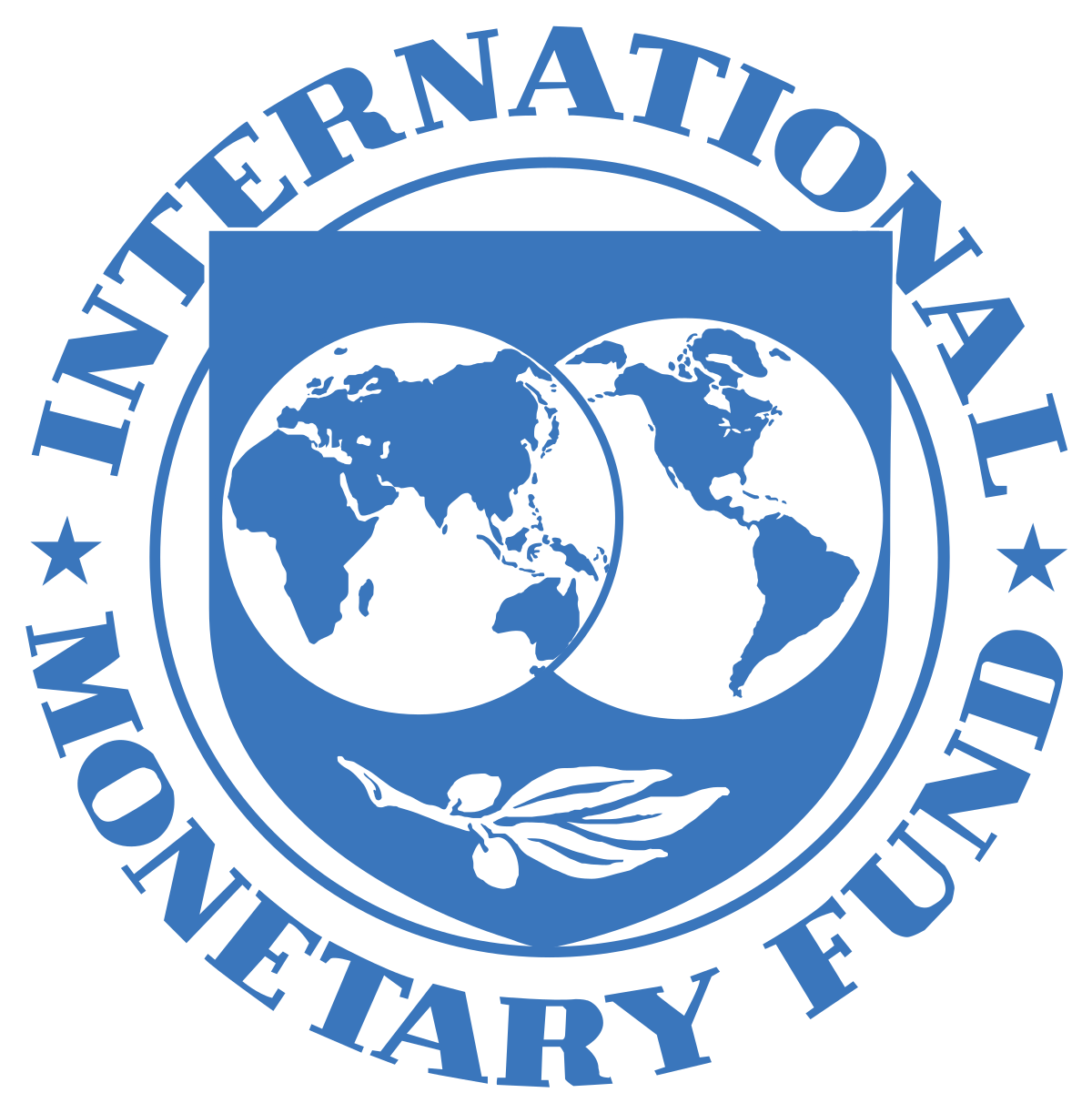
Pakistan’s economy has received a shot of adrenalin from the announcement by the IMF that it will extend the country a loan for nine months. What the Pakistani state does with this adrenalin shot still waits to be seen.
In 2019, Pakistan received its 23rd IMF bailout loan since 1959. The loan for $6 billion was said to expire on June 30, 2023. Around $2.4 billion from the original loan amount was still left but the IMF refused to grant that last tranche as it insisted that the government of Pakistan had not fulfilled the numerous conditionalities that are tied to the loan. Unless and until Pakistan received the okay from IMF, any loans or grants from friendly countries like Saudi Arabia, the UAE or China would not have come through.
Last week when the PML-N led government announced its budget the IMF came out with a harsh statement criticizing the budget and refused to provide the tranche. This led the government to announce certain tough but necessary measures. This and negotiations with the IMF resulted in the IMF’s announcement that it would extend a lifeline of $3bn – in effect $2.4 billion from the last tranche plus some extra.
While the government is jubilant that the loan came through the fact that the IMF “baulked at the idea of approving Islamabad’s request to complete the ninth review of the just-expired EFF facility and release the $1.2bn tranche stuck for months shows that the lender still has trust issues with Pakistan.”
The IMF “which blames policy ‘missteps’ and shocks like floods and the Ukraine war for our declining economy, did not think it a good idea to free politicians and their collaborators in the finance bureaucracy from its oversight in the lead-up to the elections. It wants Islamabad to strictly execute Budget 2023-24 and not cede to pressure for unbudgeted spending and tax exemptions.”
The nine-month long IMF loan ends the uncertainty and fears of an immediate sovereign default. Further, hopefully “the fear of losing IMF support again will keep fiscal authorities on their toes.” However, interest rates will remain high, base electricity prices will rise further, and while the currency may stabilise in the short run further depreciation cannot be ruled out.
Pakistan’s leaders, civilian and military, need to recognise “that the deal gives them another chance to implement fundamental, structural reforms for long-term debt sustainability and macroeconomic stability. If we implement the SBA diligently, it will help us secure a new long-term and less-encumbered bailout after the elections once the arrangement ends. That is crucial to raise multilateral and bilateral funds to boost reserves, and buy some room to execute basic reforms for overall economic stability.”
![]()





